Sun Protection Culture: Japan vs The West
Are you a sun worshiper or a shade seeker?
Learn the Japanese approach on how to best protect your skin against harsh rays.
Sun protection is taken to a whole new level in Japan. We’re all familiar with the near-unbearable heat during the summer, as we search for different ways to stay cool, but is protecting our skin still an afterthought? In the West, sunscreen remains the most common choice of sun protection, possibly with the addition of a hat, if you’re feeling fancy. But in the East, people have taken several steps forward in their mission to protect their skin.
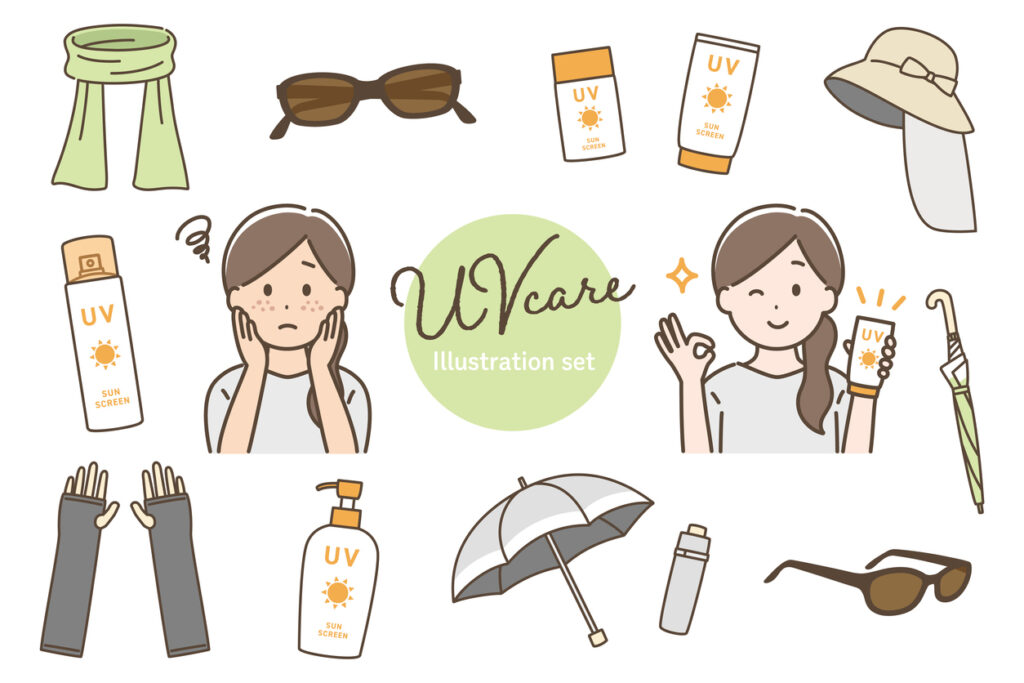 © Photo by iStock: alpacako
© Photo by iStock: alpacakoIn East Asian countries, many people favor the beauty ideal of a fairer skin tone. They do what they can to prevent the natural darkening of their skin. It’s a stark contrast to countries like America and Australia, where a deep tan is a desirable look, achieved by baking in the sun for hours on end, without much thought to the long-term effects of skin damage. Growing up in England (when the sun did make a rare appearance) my eager pursuit of turning a ‘healthy-looking’ shade of bronze meant I would purposely avoid using sunscreen with the misinformed hopes of tanning faster. Facepalm.
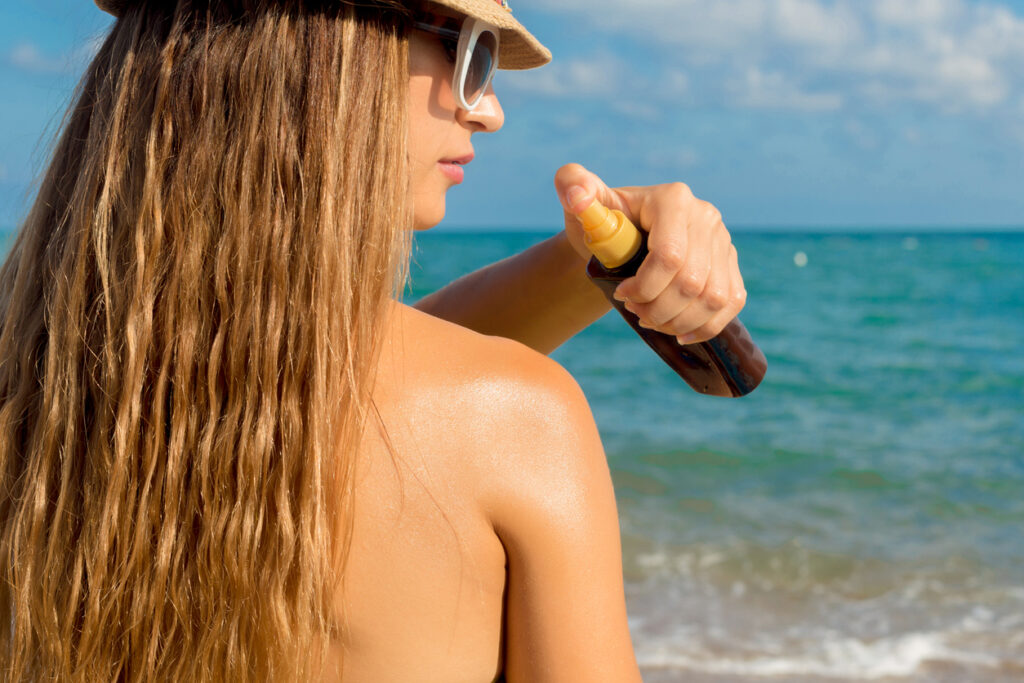 © Photo by iStock: Murat Deniz
© Photo by iStock: Murat DenizOver time, exposure to the sun accelerates signs of aging, along with skin blemishes like sun spots. Staying out of the sun is not purely for aesthetic purposes, it reduces our risks of skin cancer as well as heat stroke. It’s an all-around no-brainer.
So what do Japanese people do differently in terms of sun protection?
Wearing High-Factor SPF
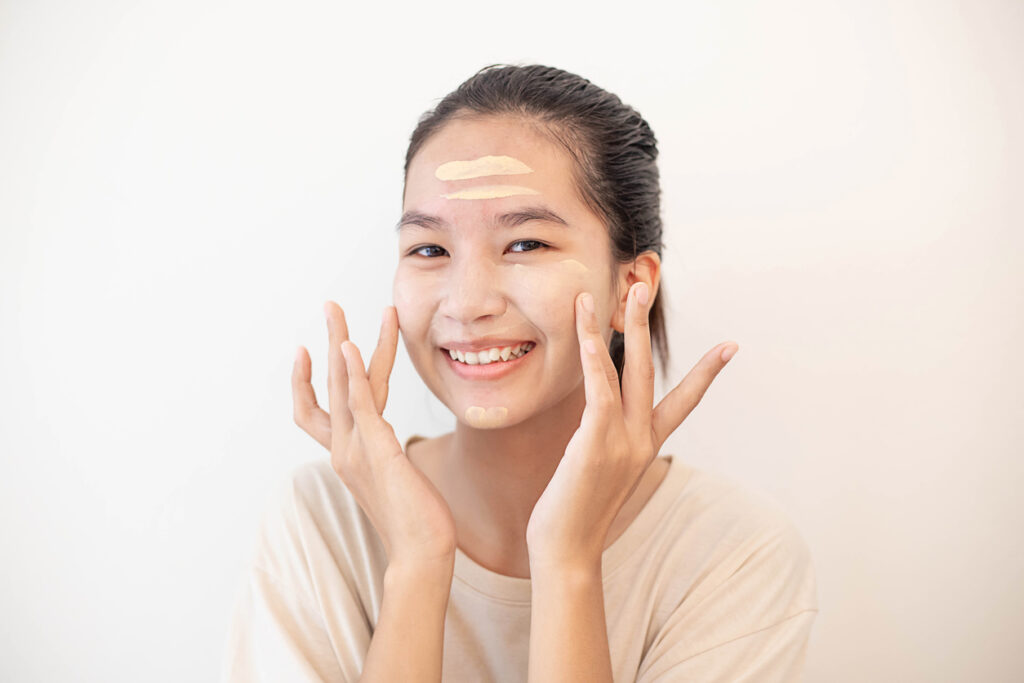 © Photo by iStock: Arisara_Tongdonnoi
© Photo by iStock: Arisara_TongdonnoiIt goes without saying that SPF needs to be applied liberally throughout the summer, however, in Western culture it’s common to apply suncream once in the morning, then proudly tell everyone that you remembered your suncream today.
It’s no secret that Korean and Japanese sunscreens are more highly regarded than most Western sunscreens. This is largely due to the wide access to ingredients not yet approved in America or Europe. Ingredients like Tinosorb and Mexoryl are common components in Japanese sunscreen, and create much more wearable formulas, which could be a factor as to why Westerners wear sunscreen less often than Japanese people.
As awareness of sun damage rises, more SPF products are hitting the shelves. Lots of foundations and primers include SPF, sun sticks for on-the-go reapplication, and even lip balms and scalp sprays to protect those less-considered areas. Remember to reapply your SPF every two hours for maximum protection!
Covering Up In Protective UV Clothing
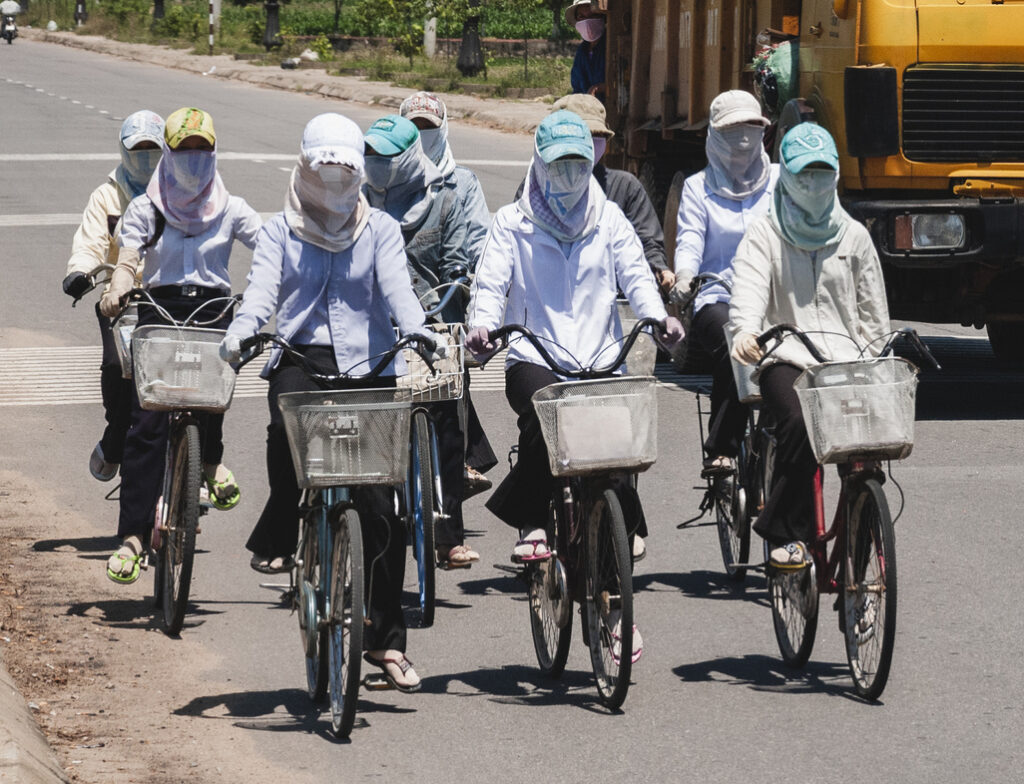 © Photo by iStock: Joel Carillet
© Photo by iStock: Joel CarilletWhile the Western approach to dealing with high temperatures is to take off as many layers of clothing as appropriate, the Japanese way is to wear full-length clothing, in light and airy materials. UV protective clothing is all the rage during the sweltering summer months. For clothing to be certified against UVA and UVB rays, the material should incorporate reflective properties or UV-absorbing properties.
Uniqlo offers an affordable UV protection collection for the whole family, and the most popular look seems to be the Airism mesh zip-up hoodie. Pair this with a wide-brim hat to cover your neck and face, and you’re ready to hit your 10,000-step goal!
No sun protection look is complete without full-length UV arm sleeves, right? Even though these sleeves are not such a summer staple, you definitely see more of them in Japan than in England or America. Sun protection sleeves are often worn by people working outdoors in the baking sun for long periods of time, and are made from breathable fabric so as to not restrict movement. Sun smart? Yes. High fashion? Debatable.
Adding Chic (ish) UV Accessories
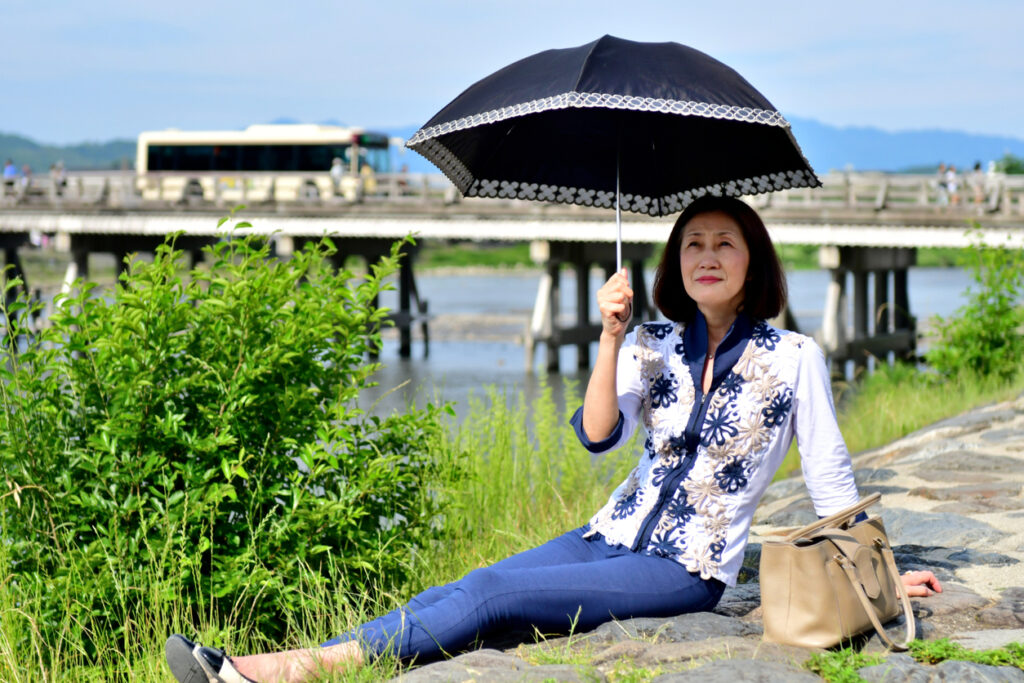 © Photo by iStock: magicflute002
© Photo by iStock: magicflute002Is it even a sun protection article if we don’t mention the trusty parasol? For Westerners, carrying an umbrella in the sun is probably quite the culture shock. However, in Japan, it’s a common sight to see women, and more recently men, shielding themselves from the sun with a handy parasol. Sun parasols are a great way to ensure you stay in the shade. They offer protection for your skin and also a slightly cooler respite from the punishing heat.
Have you heard of bicycle handlebar covers? No? Welcome to Japan! Riding your bike to and from work or the station results in a lot of direct sun rays on the hands. It’s often forgotten about, but the skin on our hands also shows signs of aging, which is accelerated with sun exposure.
One thing you might have noticed during summer is the minimal amount of people wearing sunglasses. I’ve asked around and received a variety of responses, including how sunglasses make a person appear untrustworthy, they’re simply an unnecessary accessory, and even how sunglasses were associated with yakuza back in the day. However, the most common answer was that sunglasses draw attention and look too ‘flashy’. Being rendered to near-blindness every time I step into the sunlight, I won’t be giving up my shades anytime soon!
Do you have any sun protection tips for the hot summer months in Japan? Let us know in the comments below!












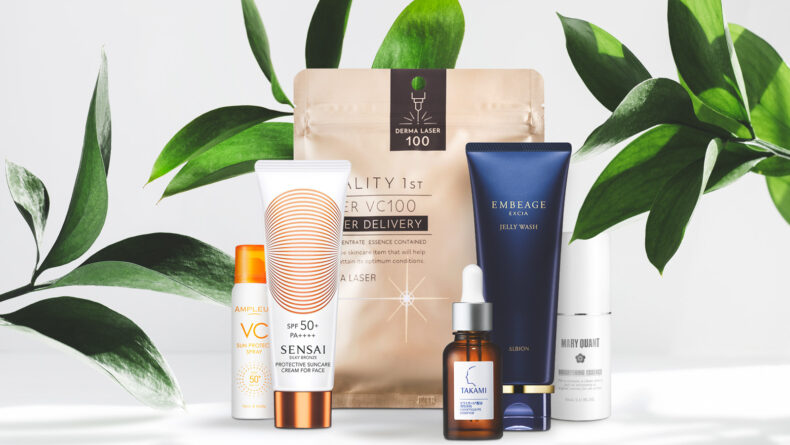
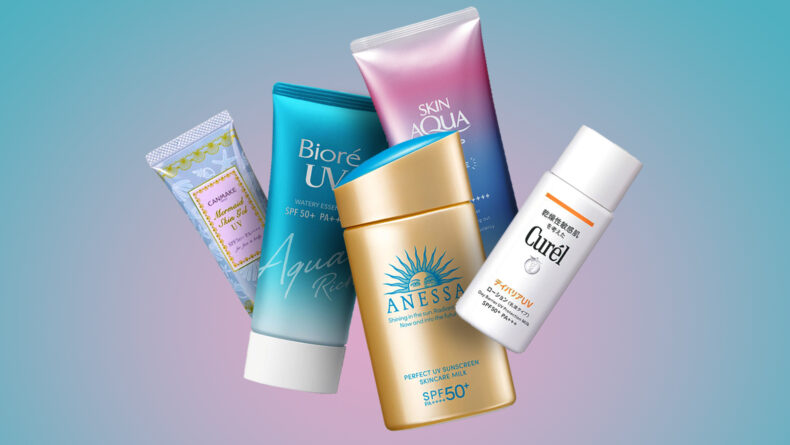

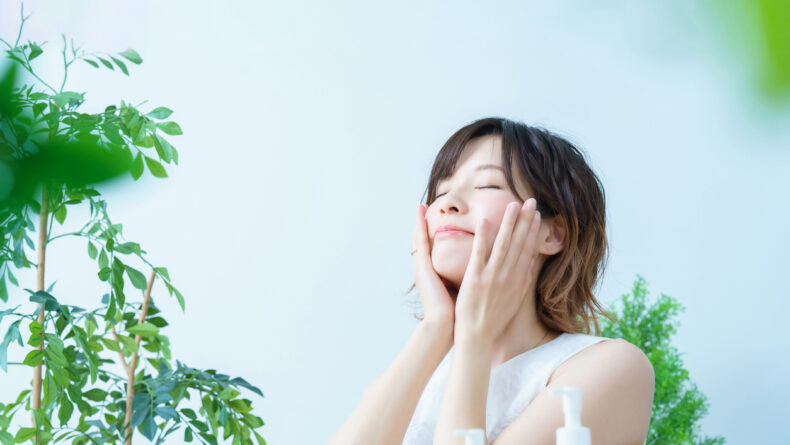
I just stay indoors and keep close to the boiler.
I think the most effective sunscreens are in Australia. It’s only the US where certain ingredients are available not the “West’.
People only really tanned in Australia 50 years or so ago. Since the early 80s there’s been the ‘slip, slop, slap’ campaign of wearing sunscreen, long sleeves, hats, sunglasses and staying in the shade when possible. I though Japan wasn’t strict.